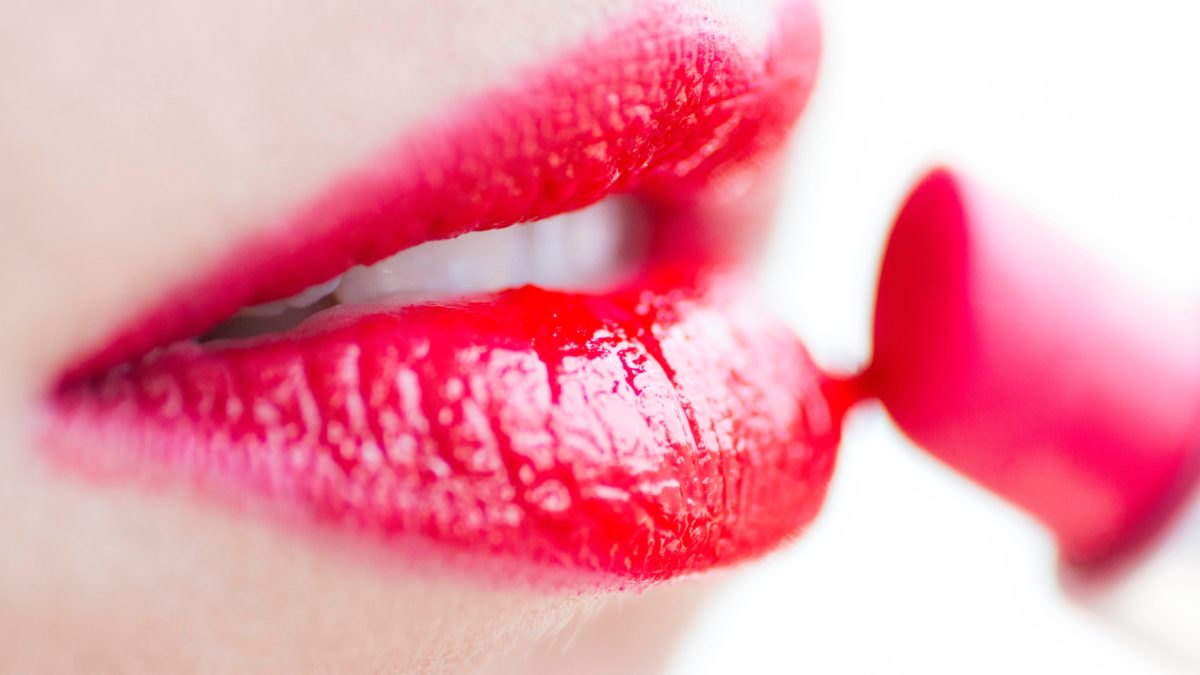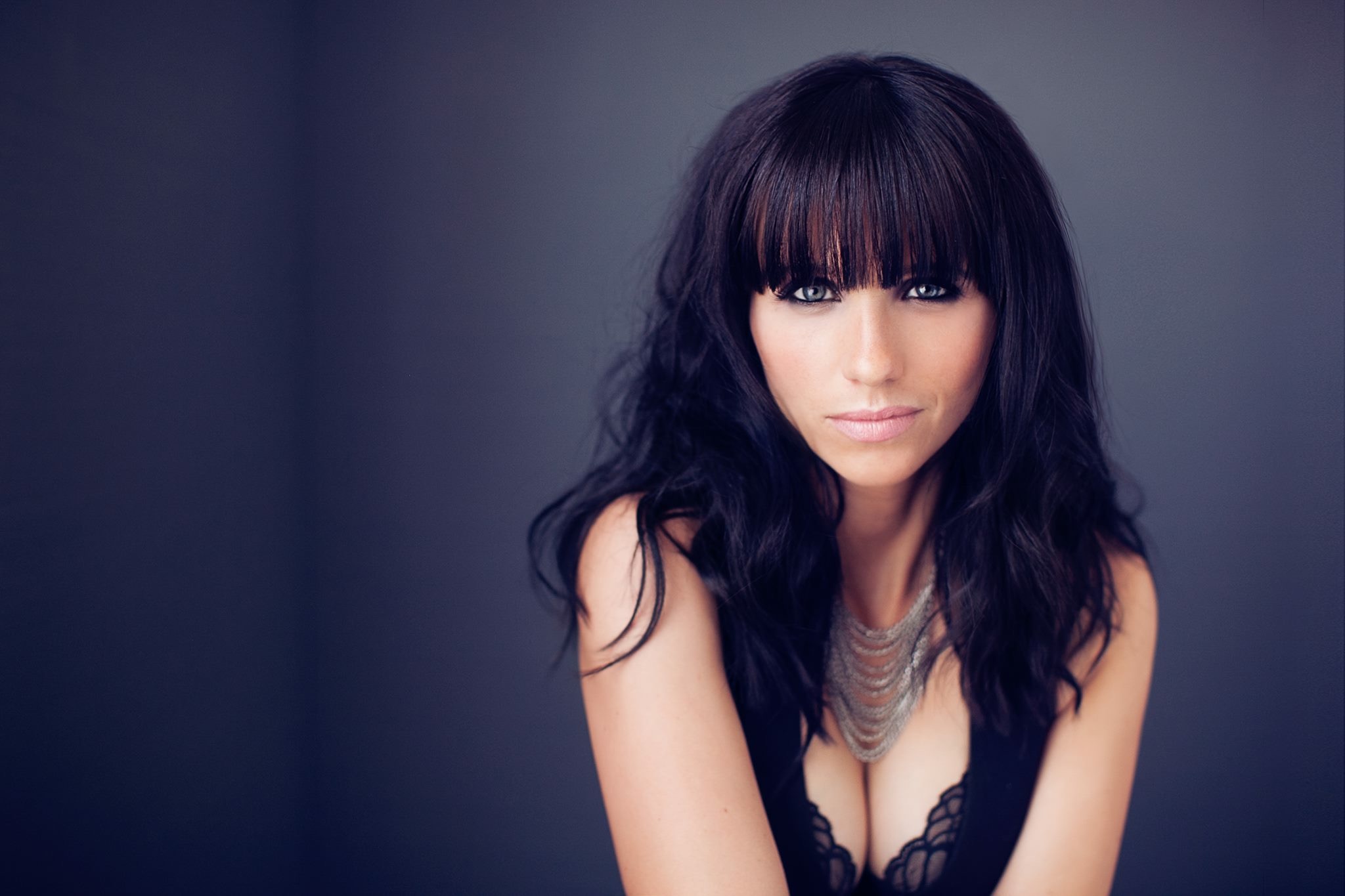“Is this your first time here?” she asked, leaning in closer than she needs to and shouting to be heard over the pounding beat of the country music at the local lesbian bar.
“First time? Here?” I looked at her quickly, taking an assessment of the short hair and boyish body and barely contained swagger. She was young, queer and fiercely alive. “I’m pretty sure I’ve been coming here since before you were legal.”
“Oh. Sorry. I just assumed you were somebody’s straight friend.”
And so it goes, and so it has gone, over and over again in the 12 years since I came barreling out of the closet. I was 31 when I finally made peace with myself, shedding my straight, stay-at-home suburban mom identity in a wild rush. In the wake of that painful transition, I was blessed to find myself deeply at home. Welcomed into a community that immediately accepted me as one of their own.
Sort of. Mostly. At least when they recognized me.
I am intensely feminine. I always have been and likely always will be. Before coming out, I didn’t know the vast and complex language of queerness. The depth and nuance were lost on me. One could be a man or a woman. Gay or straight. This or that.
I was a woman, and there was only one box for me to fit inside. That box was for those with long hair, lipstick and heels. It was nice and neat and tied with a pretty pink bow that had been placed on it at birth.
The transition from one life to the next blew all my notions of the gender binary out of the water. Smashed them to smithereens. In the wake of that explosion, I felt infinite freedom. I cut my hair. I bought the girliest pair of camo cargo shorts I could find. I traded my heels for converse. I reveled in the comfort of hitting the lesbian bar without a shred of makeup, dressed in torn jeans and tennis shoes. Somehow, I was still seen as desirable and this, to me, was the wildest sort of wonder.
But no matter how much I experimented, something inside of me—something innate and inescapable—marked me as femme. Rather than feeling limiting, that recognition paradoxically granted me even more freedom. Finally, I could be all of me.
Sure, there were moments along the way. A painfully uncomfortable dinner with a bunch of queer friends where my sexuality was openly debated. Could I possibly really be gay looking the way I look? The confused responses from new friends: “But you don’t look gay.” The continued advances from men who were confused or upset by my lack of interest. Men who refused to believe my assertion of queerness or who suddenly expected my orientation existed only as a performative answer to their lesbian fantasies. Uncomfortable moments at a new job where I had only seconds to decide between the risk of unexpected honesty and self-inflicted violence of hiding my truth.
But I spent most of my time in queer spaces with queer people. I felt seen and accepted and known. I threw myself head over heels into my first relationship with a woman. We moved in together, created a life. We worked together and played together. Her short hair and boyish style gave me, the femme on her arm, immediate recognition. I was here. I was queer. And I very quickly got used to it.
And then, five years later I was single.
I was single, and I wore skirts, makeup and high heels. I had large boobs and all the external signifiers of femininity. I also had children and all the trappings of a single mom life. To the rest of the world—even the queer part of the world—I was straight until proven otherwise. If gender is a performance, I performed mine well, at least according to the heteronormative model.
Without a visibly queer woman on my arm or a crew of queer humans surrounding me, I am invisible. Queer only by association.
Yes, the very invisibility I’m railing against grants me freedoms my masculine-of-center, non-binary and trans friends do not experience. The flip side my own queer visibility is an undeniable passing privilege.
I can rest in the comfort that, as a straight-appearing woman, I am safe from hatred and harm relating to my sexuality. I don’t make people uncomfortable by showing up as myself. I don’t have to change the way I dress to attend a family gathering without sending the great aunties into a tizzy. I have never worried about which bathroom to use or had to field the rude stares or whispers of strangers. I do not take it lightly, this privilege of femininity. By its very nature, my experience of queerness carries much less risk and discomfort. This is no small thing.
But in all the ways that are visible on the surface, I’m still living inside the box this culture built for me.
And while passing privilege is undeniable, femme invisibility is real and often painful and isolating. Having imploded an entire life to embrace this identity, it hurts to be continually nudged back into the closet, even by members of the community I call my own.
My gender presentation necessitates that I not only come out again (and again and again and again), but also that I shield and defend my own right to claim this identity. Lather, rinse, repeat. Forever.
In the years since my first breakup, I have moved in and out of relationships, and each time I find myself single again, I adjust to the way my identity fades into the background. This erasure of queerness impacts the ways I am seen by the larger world and even by the people I would like to connect with or attract. My presentation grants me a default assumption of straightness, often even from fellow queers. We all carry internalized heteronormativity, as much as we rally against it.
This doesn’t necessarily make it easy to get a date.
I’m left with a lot of questions. What does one do when they want to reenter the dating world and they don’t look queer? And what does it even mean to look queer, anyway? Why is my brand of queer expression only visible or comfortable for others when I exist inside of the limiting butch-femme dichotomy? Why is it that gender expression is still often seen to define sexual orientation, even within the queer community?
Most importantly, how do I get the attention of that pretty girl at the coffee shop when I know for sure I don’t ping her gaydar?
Yes, we are blessed to have queer-centered dating apps now, where a quick check of a box proclaims my sexuality for all to see. I live in a city that still doesn’t entirely center queer bar life around gay men. There are meetups and community centers, queer run non-profits, and LGBTQI+ friendly churches.
There’s no doubt, queer dating is easier than it’s ever been.
But just the same, I long to be seen as all of me. To not have to tattoo a rainbow flag across my forehead and jump on a Pride parade float to make it obvious to the world. My queerness isn’t just a matter of who I sleep with, it is a part of who I am. It’s bigger than sexuality, a subversive reclamation of life outside of the boxes we were given at birth. It is confusing when something that feels so intrinsically a part of me is not even seen by the world I live in.
This longing to be visible, to be seen—it is not the domain of queer femmes or limited to queerness in general. It is a universal part of human experience. We all carry invisible stories under our skin. We hold identity around ethnicity or gender or ability or religion that remains invisible or discounted by the world around us. We all wish for a sense of belonging that comes without negotiation or explanation or being required to somehow prove our validity. In a world of separation and division, we need to learn to be better at seeing (and believing) each other.
I want there to be something about me, something inherently queer in the way I look or the way I move or the way I meet your gaze that lifts me above the radar.
If I see you and feel that familiar tug of attraction or the connection of solidarity and shared experience, I’d like to know that you can see me back.
 Jeanette LeBlanc spent most of her years working very hard to be a good girl. One day she woke up and decided to write her way out of her own life. Things haven’t been the same since. A single mama to two ridiculously unruly daughters, Jeanette believes in the smooth honey burn of whiskey, the crashing of ocean waves, pencil skirts, vintage band tees and fringed boots, the kinship of the wild wolf, walking for miles in unfamiliar cities, the power of dark red lipstick and the necessity of putting out for the muse on the regular. Read more at jeanetteleblanc.com.
Jeanette LeBlanc spent most of her years working very hard to be a good girl. One day she woke up and decided to write her way out of her own life. Things haven’t been the same since. A single mama to two ridiculously unruly daughters, Jeanette believes in the smooth honey burn of whiskey, the crashing of ocean waves, pencil skirts, vintage band tees and fringed boots, the kinship of the wild wolf, walking for miles in unfamiliar cities, the power of dark red lipstick and the necessity of putting out for the muse on the regular. Read more at jeanetteleblanc.com.































